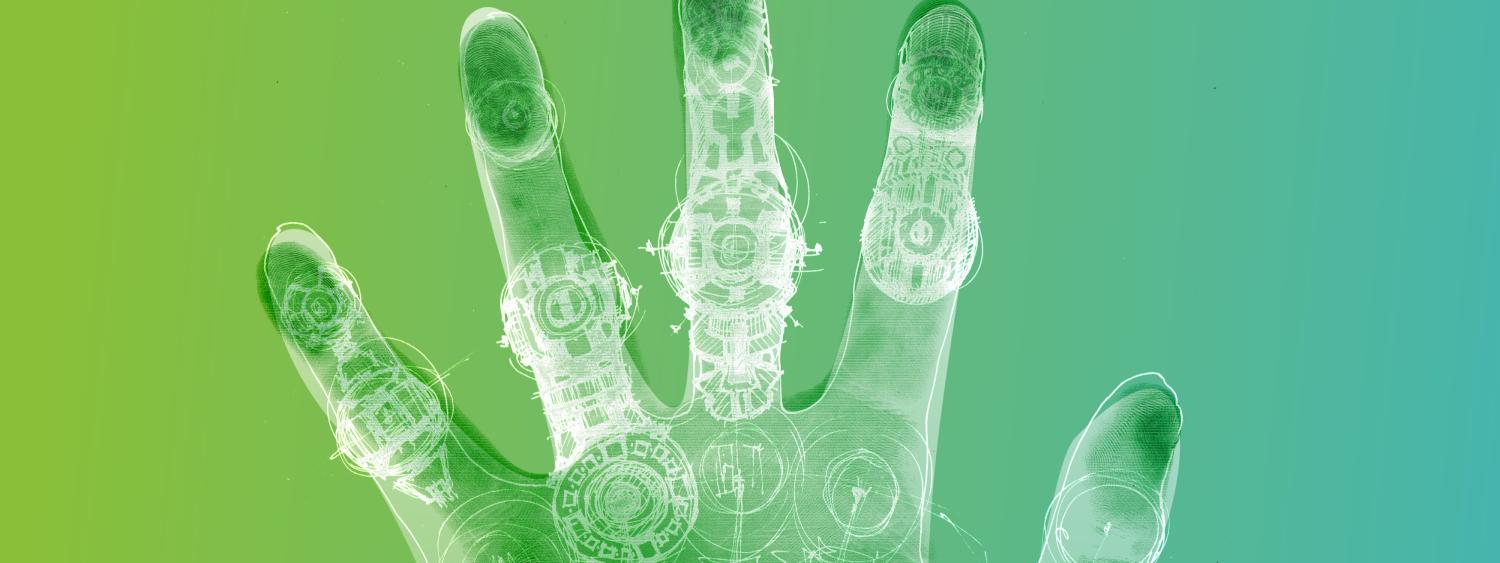Seamless Skin Integration of Brain/Body-Computer Interfaces for Cybernetic Human Advancement

As the body’s most external organ, skin is privileged for human-computer interfaces because it can be accessed non-invasively. Despite much progress on thin flexible devices that conform to skin for physiological sensing, an insurmountable limitation is that these devices become uncomfortable and provide short service life because the epidermis needs to breathe and shed. Implanted devices, in contrast, provide long lasting service and comfort but require invasive surgery. Between the extremes of topicals and implants, tattoos are permanent body modifications that remain untapped for human-computer interfaces, despite being seamless, comfortable, inexpensive, and minimally invasive to implant without surgeons or hospitals. Our research will lay the groundwork to re-invent tattoos as a technology for safe, low-cost, semipermanent or permanent electrophysiological sensing devices that integrate seamlessly within skin to provide 24/7-operational brain- and body-computer interfaces. With sufficient R&D, this research could unlock visionary future technologies such as in-scalp and in-ear brainwave sensors that enable instantaneous detection of neuropathology and even techno-telepathic communication.


